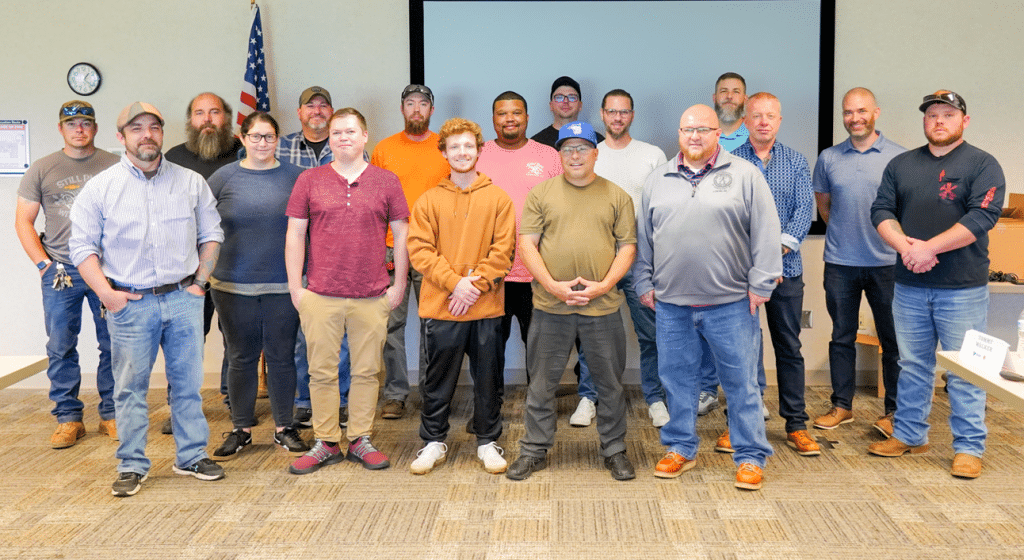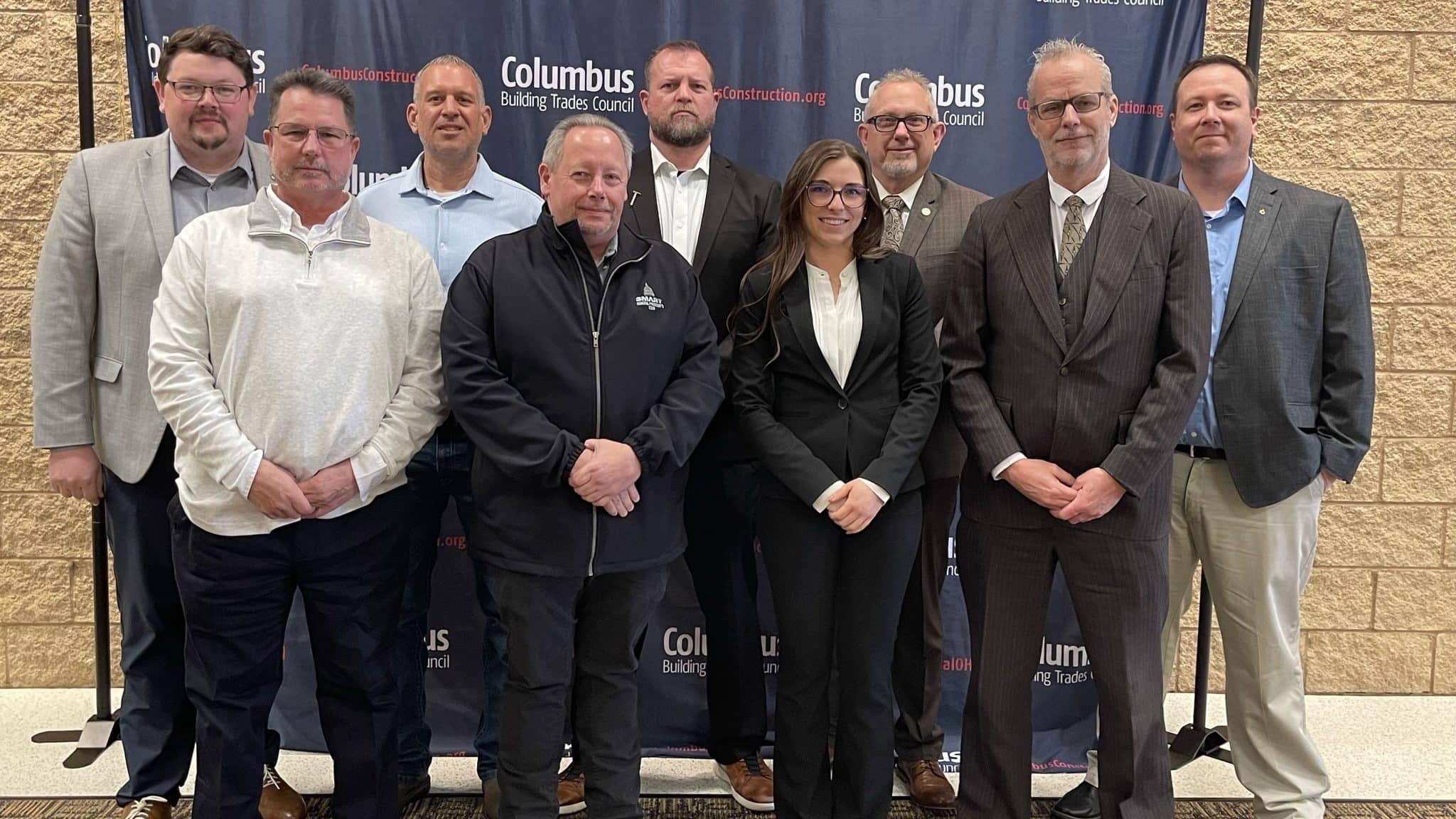Cleveland-Cliffs, a steel manufacturer, reportedly cancelled a $500 million project in Middletown, Ohio, in June 2025 — leading to a loss in work hours for union sheet metal workers in the area.
“This would have been a solid project for Local 24, especially our Dayton-area membership,” said Local 24 Business Manager Jeff Hunley.
Local radio station WYSO 91.3 reported: “The planned switch from a coal-based steel plant to hydrogen was expected to create 1,200 union construction jobs and protect 2,500 existing positions.”
WYSO noted that Cleveland-Cliffs had planned to replace its coal steel-making furnace with a hydrogen-powered system, supported in part by a $500 million grant from the Department of Energy. That grant came from the Inflation Reduction Act, signed into law under the Biden administration in 2022.
But Steel Industry News reported that the Trump administration’s shift away from clean energy and its focus on fossil fuels created uncertainty for the company, and rising tariffs on steel imports “forced Cleveland-Cliffs to prioritize short-term profitability.”
Now, at least for the time being, the project has been abandoned.
Changing clean energy policies impact SMART members
Union sheet metal workers play a key role in building and converting clean energy facilities, including hydrogen, nuclear and battery plants. That’s what makes federal grants, tax credits and funding so important to SMART sheet metal workers, and why the strong labor standards included in such policies under the Biden administration were also crucial for members.
“When we work to pass laws like the Inflation Reduction Act, we’re investing in our future,” explained SMART General President Michael Coleman. “The grants and tax credits we got passed in that law are the kinds of policies that create jobs for sheet metal workers five, ten, fifteen years down the line. Unfortunately, when those types of policies are thrown in jeopardy, we see companies become less willing to invest, and projects get paused or cancelled.”
“The Cleveland-Cliffs project cancellation means that the jobs Local 24 was expecting will no longer be available to members in Ohio. With the cuts to clean energy tax credits and programs in the spending bill passed by Congress, we can expect more disappointing stories like this, at least for the next few years,” he added.





